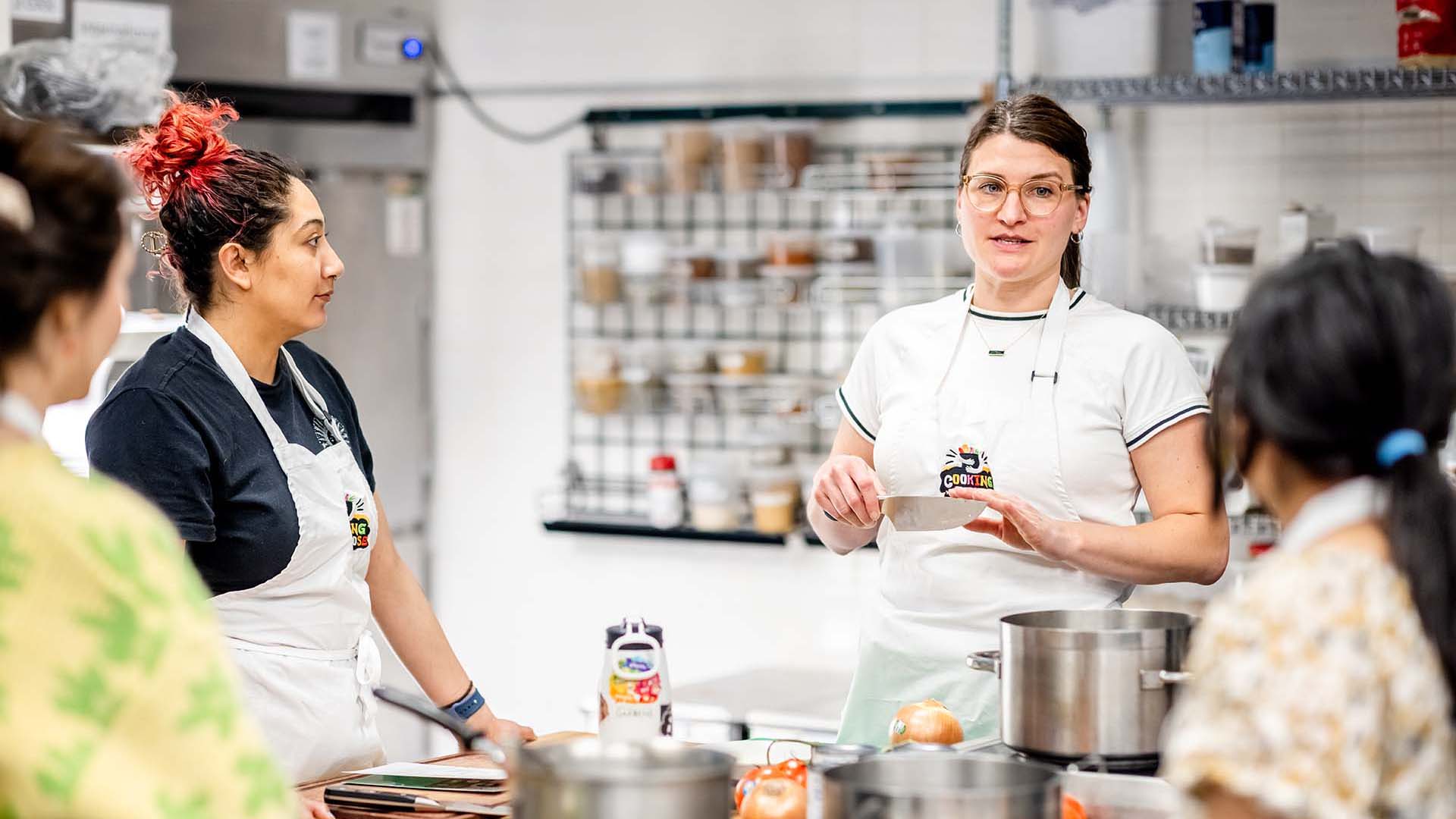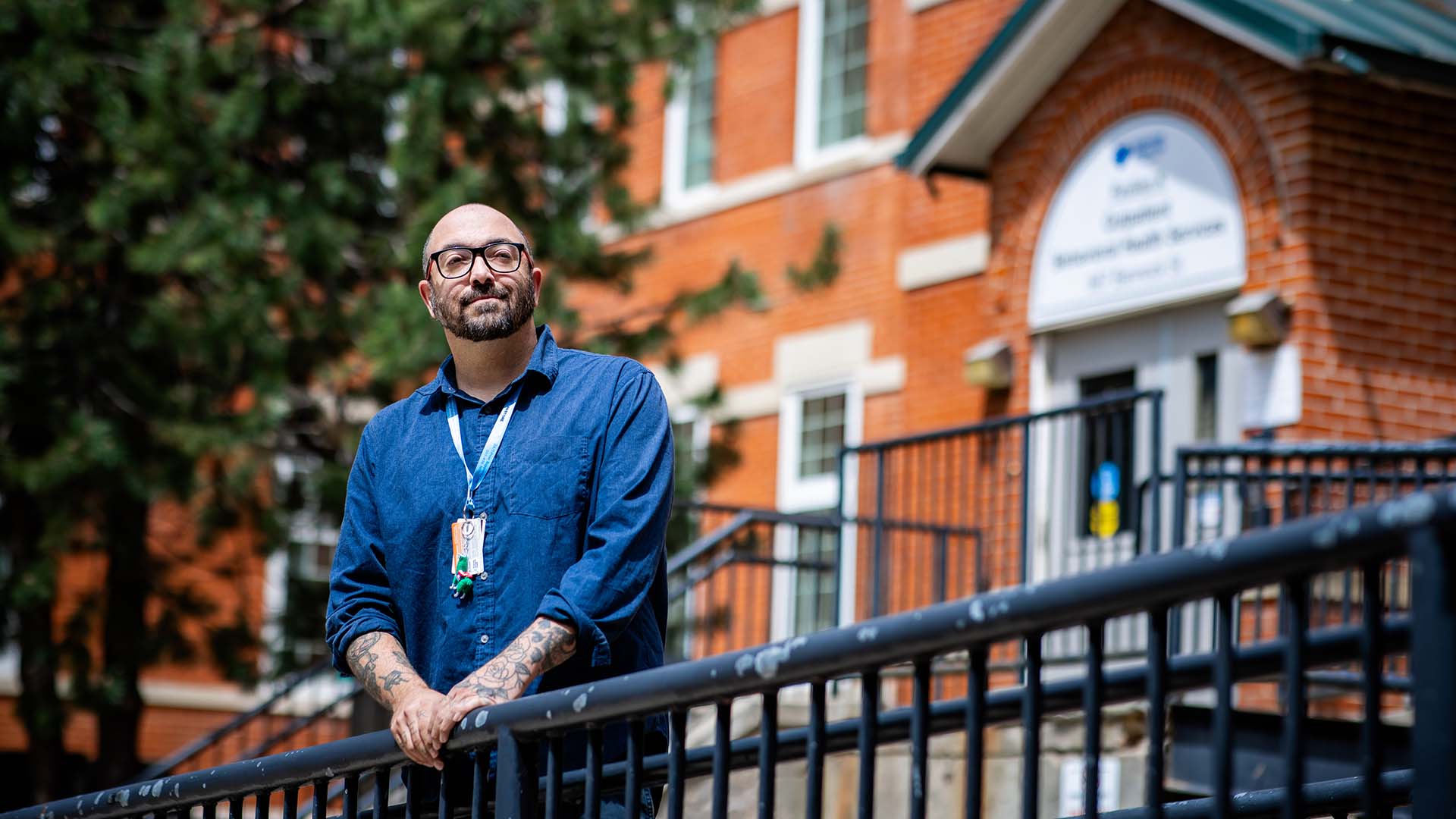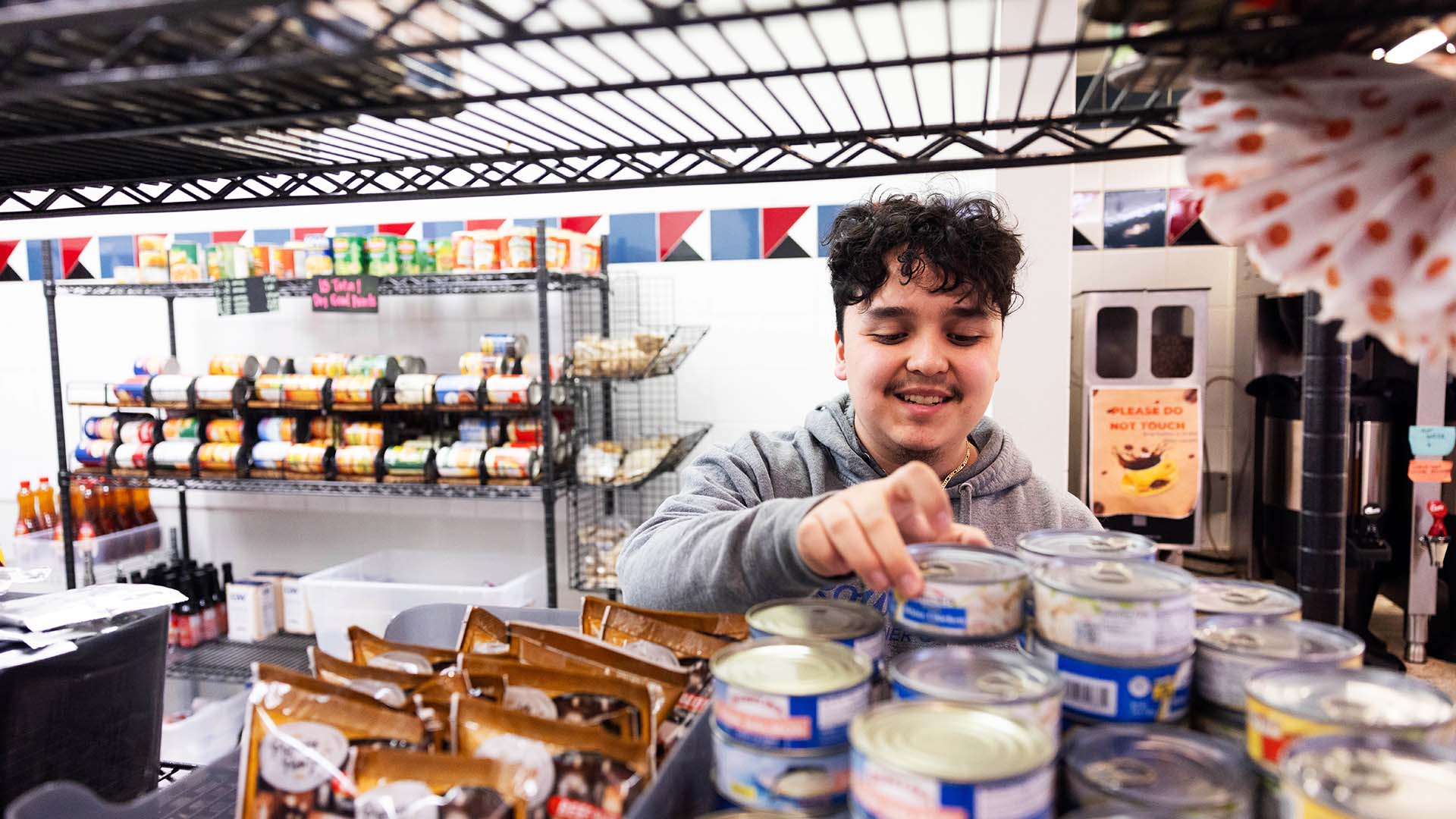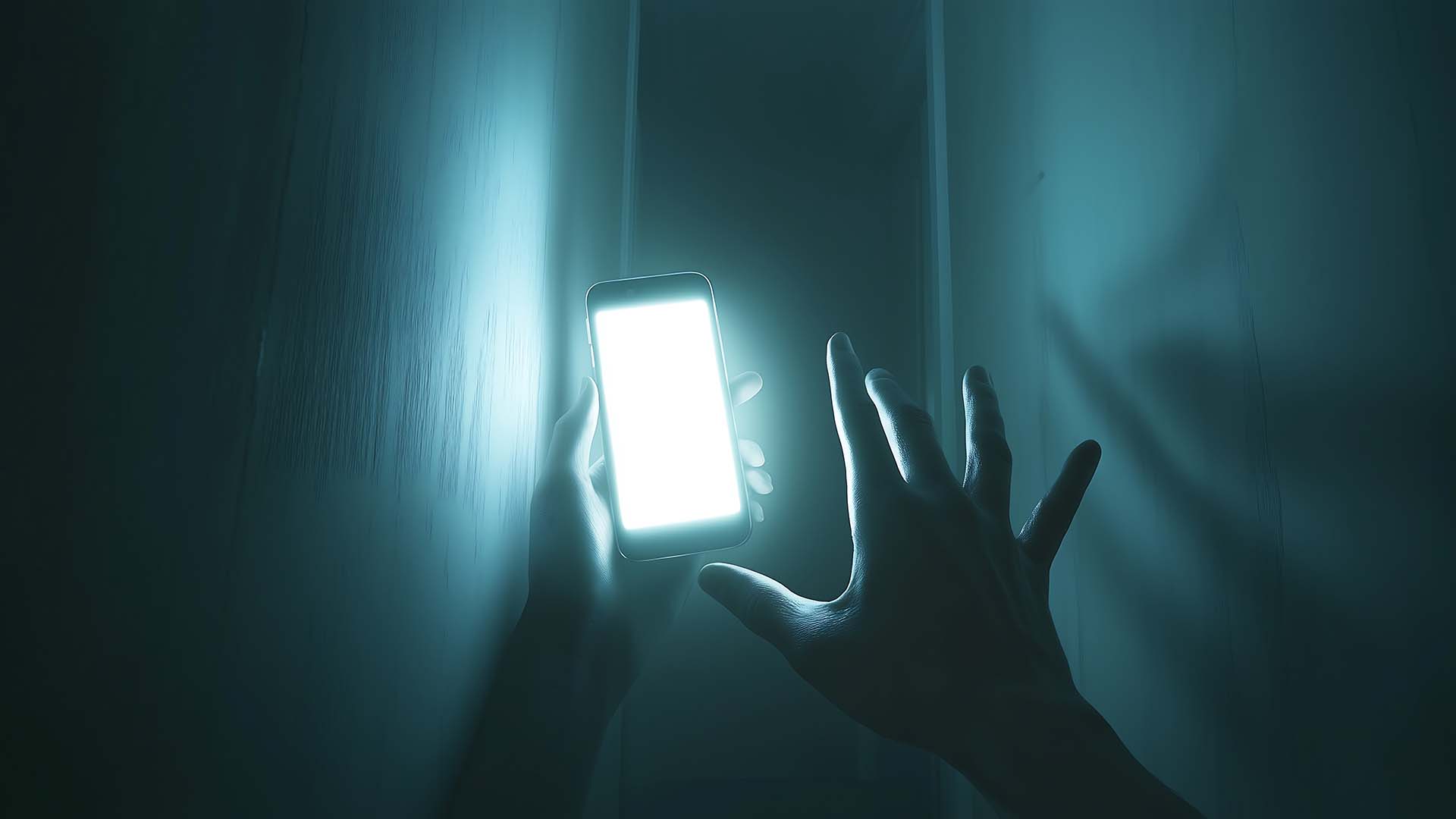Comparing the Covid-19 vaccines developed by Moderna, Pfizer and Johnson & Johnson
Ruben Zorrilla, M.D., medical director of the Health Center at Auraria, discusses the data behind the three approved vaccines.
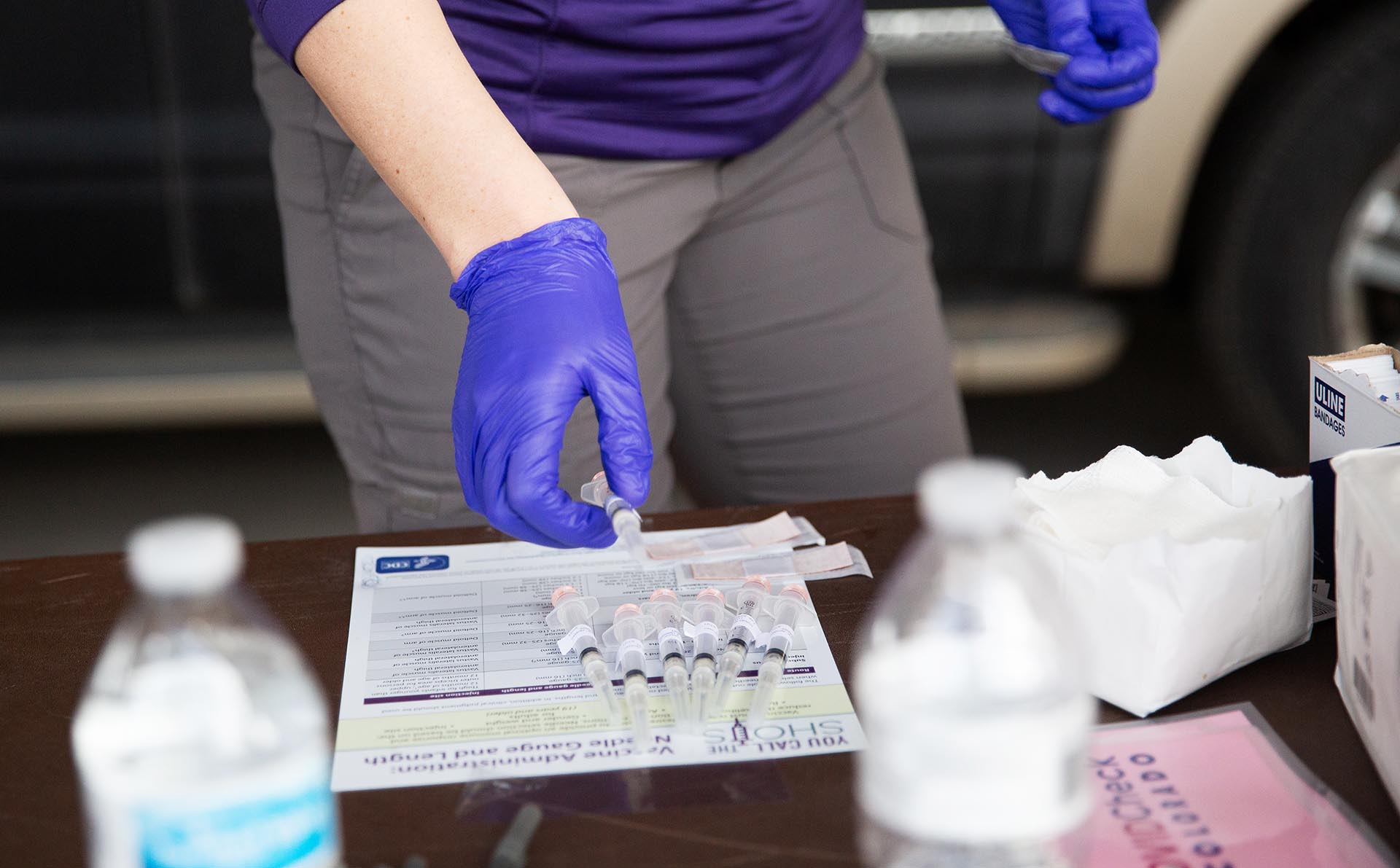
The Food and Drug Administration on Feb. 27 granted the Johnson & Johnson/Janssen Covid-19 vaccine Emergency Use Authorization status, providing the United States a third vaccine in the fight against the pandemic.
The most common question at the Auraria Health Center is about the efficacy rates of the three approved vaccines. Before we compare the data, it’s important to state that the efficacy of the Moderna, Pfizer and J&J vaccines against severe disease, hospitalizations and death has been remarkable. The Centers for Disease Control and Prevention does not recommend one vaccine over another and says that you should get any Covid-19 vaccine that is available when you’re eligible.
The J&J overall efficacy rate is 66.2% worldwide (72% in the U.S.), while the Moderna and Pfizer vaccines are reported to have reduced the Covid-19 illness by 95%. In the U.S., the J&J Covid-19 vaccine was found to be 83.5% effective in preventing severe disease, 93% effective at preventing hospitalization at two weeks (100% after 28 days) and 100% effective against death. Even though there still is a chance that a vaccinated person might contract Covid-19 and feel sick, these results suggest that a vaccinated person would be much less likely to need hospitalization or die from Covid-19.
Ninety-five percent may be better than 66% on the surface, but it doesn’t tell the whole story. Here’s a breakdown of each of the three Covid vaccines available to Coloradans:
J&J vaccine
• One-shot dose.
• Employs viral vector technology that has been used with other vaccines.
• 2% experience side effects including fever, body aches and fatigue.
• Less expensive (less than half the cost of the others).
• Easier to manufacture.
• Easier for health care workers to manage.
Moderna and Pfizer vaccines
• Two-shot dose series (research to make these a one-shot dose is ongoing).
• 15% experience side effects including redness and pain at the injection site, fever, chills, muscle aches and headache that can last up to a day and a half, but most people have no noticeable side effects.
• Uses a newer mRNA technology that is less well-known and less proven at such a large scale.
What do efficacy and effectiveness mean?
Based on the headlines, you might assume that the Covid-19 vaccines will protect 95 out of 100 people who get them. Vaccine efficacy and effectiveness are measures that compare the rates of disease between vaccinated and unvaccinated people. They are related to each other but not the same thing.
Learn more about the three approved Covid-19 vaccines
|
|
Efficacy is a measurement of the vaccine to reduce the chance of getting sick from Covid-19 in a clinical trial, which is a controlled, ideal environment. That number doesn’t tell you what your chances are of becoming ill if you get vaccinated.
Effectiveness is a measurement in the real world. Exactly how the vaccines perform depends on many factors, including age, ethnicity and other conditions. We don’t have answers to this yet – it is possible that the effectiveness of the vaccines will match their efficacy rates in clinical trials, but they may prove to be lower in actuality.
It isn’t easy to directly compare the J&J vaccine with the others due to clinical-trial differences. Moderna and Pfizer vaccine trials were conducted last summer and fall; this was before contagious mutations such as the U.K., Brazilian and South African variants were circulating widely and may not be as effective against these new types. Early results show the Moderna vaccine to be 57% effective in South Africa, where the South African variant is dominant. More J&J trials were done recently and considered the vaccine’s efficacy against those new variations.
The most important takeaway from all of the research is that any one of the three vaccines has been proved to help fight against Covid-19. Together, we can help fight this disease by getting vaccinated, wearing our masks, practicing social distancing and avoiding crowds or gatherings.
Most of us want to live our lives without those changed behaviors. Vaccination is a critical step in that direction. By getting vaccinated at your earliest availability, you are each doing your part to make sure that this virus can’t find another person to infect, and you will help to slow the spread of the variants. It’s important that we all get vaccinated as soon as possible.
Ruben Zorrilla, M.D., is medical director of the Health Center at Auraria

